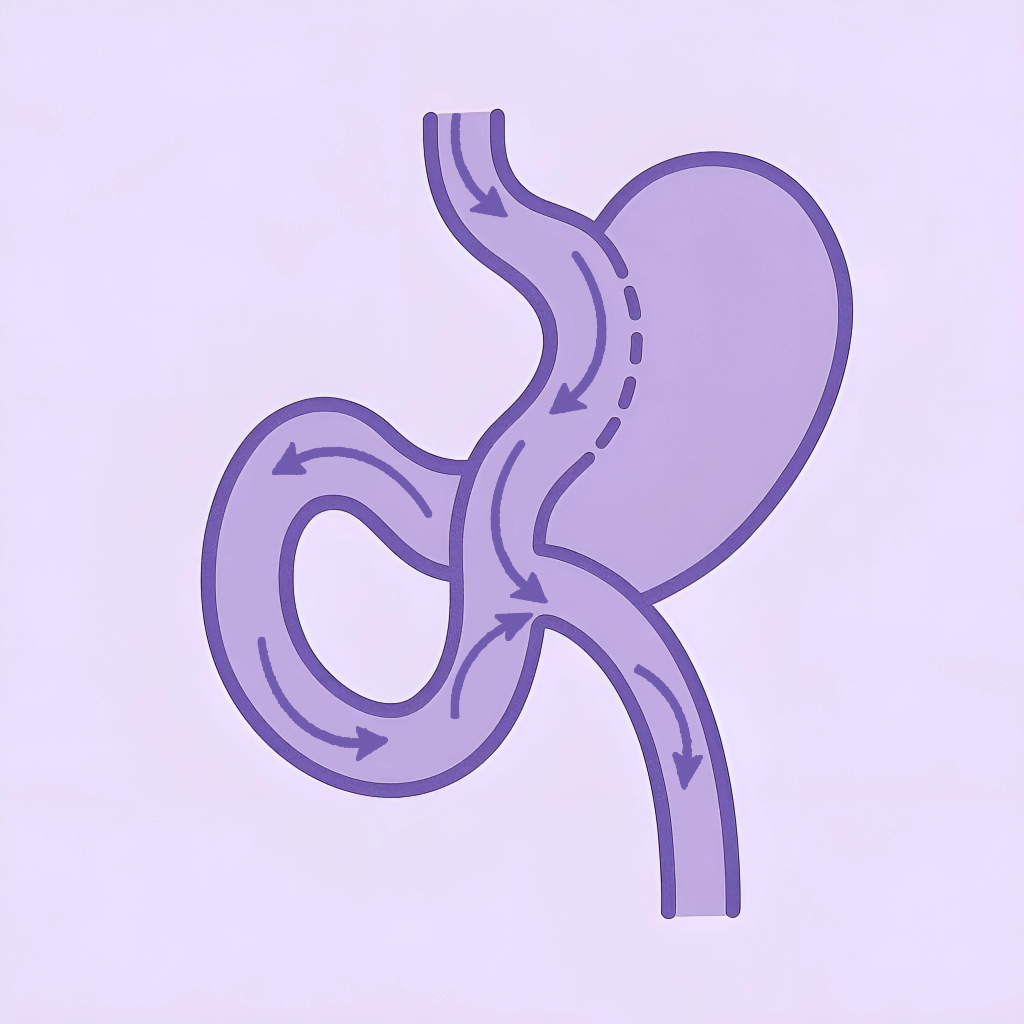Colon Cancer







Colon cancer is a malignant tumor in the large intestine, often developing from polyps, requiring early detection.
Overview
Colon cancer is a type of cancer that begins in the large intestine (colon), the final part of the digestive tract. It often starts as small, noncancerous polyps that form inside the colon. Over time, some of these polyps can turn into cancer, making early detection through regular screenings crucial. Colon cancer typically affects older adults, though it can occur at any age.
Several factors increase the risk of developing colon cancer. Age is a major factor, as most cases occur in people over 50. Family history of colon cancer or inherited conditions like Lynch syndrome and familial adenomatous polyposis (FAP) also elevate risk. Lifestyle choices such as a low-fiber, high-fat diet, lack of exercise, smoking, excessive alcohol use, and obesity contribute to increased risk. Medical conditions like diabetes, inflammatory bowel diseases (Crohn’s disease or ulcerative colitis), and previous radiation therapy to the abdomen further raise the likelihood of developing colon cancer.
Symptoms & Diagnosis
Early-stage colon cancer often has no symptoms, but as the disease progresses, signs may include persistent changes in bowel habits, rectal bleeding, abdominal discomfort, fatigue, and unexplained weight loss. Some individuals may also experience a feeling that their bowel does not empty completely.
Doctors diagnose colon cancer using colonoscopy, where a flexible tube with a camera examines the colon and removes tissue samples for biopsy. Blood tests, including checks for carcinoembryonic antigen (CEA) levels, help assess overall health and track cancer progression. Additional imaging tests, such as CT scans, may be used to determine the stage and spread of the cancer.
Treatment
Treatment depends on the stage of cancer, overall health, and personal preferences. Surgery is the most common treatment, often involving the removal of the tumor along with part of the colon. In some cases, laparoscopic surgery may be used, allowing for smaller incisions and faster recovery.
Additional treatments include chemotherapy, which targets cancer cells throughout the body, and radiation therapy, which uses high-energy beams to destroy cancer cells in a specific area. Targeted therapy and immunotherapy are sometimes used for advanced or recurrent cases, blocking cancer cell growth or stimulating the immune system to fight cancer.
Procedure Details
Colon cancer surgery involves removing the tumor, affected portions of the colon, and nearby lymph nodes to prevent cancer spread.
Anesthesia is administered for patient comfort.
An incision is made in the abdomen, or laparoscopic access is established.
The affected portion of the colon is removed (partial colectomy) or, in severe cases, the entire colon is removed (total colectomy).
Nearby lymph nodes are removed to prevent cancer spread.
The remaining sections of the digestive tract are reconnected, or a colostomy/ileostomy is created if necessary.
Recovery
Recovery depends on the extent of the surgery. Most patients stay in the hospital for several days and transition from a liquid to a solid diet gradually. Temporary bowel changes, pain, and fatigue are common but manageable with medical support.
Post-surgery care includes dietary modifications, pain management, and follow-up visits to monitor healing. If a colostomy is required, patients receive guidance on how to manage it. With modern techniques, most individuals can return to daily activities with proper support and lifestyle adjustments.
Have questions about your treatment?
Our team is available 24/7 with multilingual support.

Frequently Asked Questions
Find answers to common inquiries.
Need personalized support?
WhatsApp us for a quick response—we reply within minutes.
What types of surgeries does Dr. Gül specialize in?
Why choose Türkiye for surgical procedures?
What is the recovery time for most surgeries?
What bariatric procedures are offered at the clinic?
How much weight can I expect to lose after bariatric surgery?
What languages does Dr. Gül and his team speak?
Will I need to take supplements after bariatric surgery?
Does insurance cover these procedures?
Can I combine treatment with travel in Turkey?
What support is available after surgery?
Our Expertise

Sleeve Gastrectomy
Minimally invasive surgery for long-term weight loss with a simple procedure and no rerouting.

Mini Gastric Bypass
Simpler, less invasive gastric bypass for significant weight loss and diabetes control.

Gastric Balloon
A non-surgical, temporary option for moderate weight loss without permanent stomach changes.
Follow Dr. Gül on Instagram





